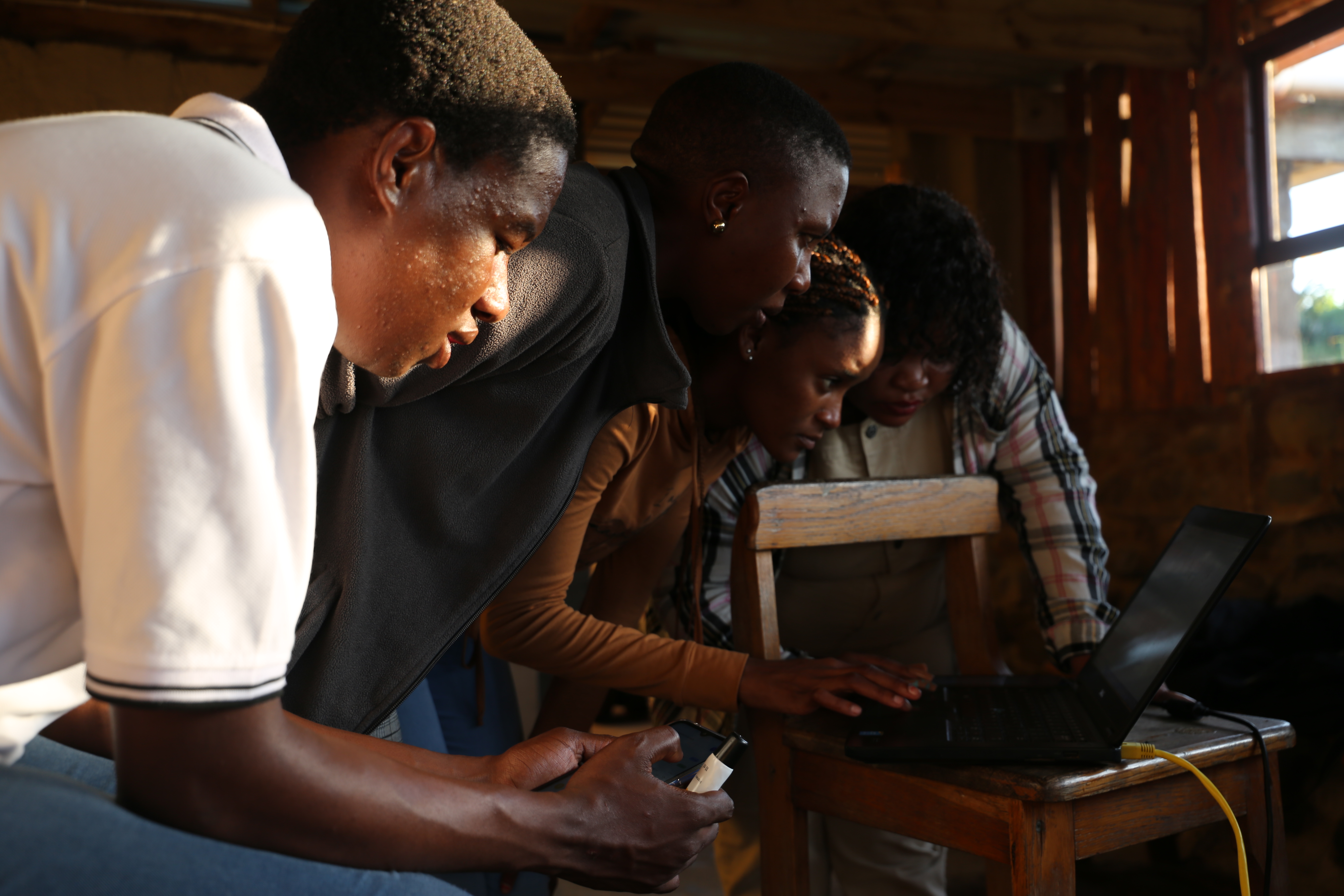
The International Telecommunication Union (ITU) is the leading United Nations agency for information and communication technologies, with the mission to connect the world. To achieve this, ITU manages the radio-frequency spectrum and satellite orbits at the international level, works to improve communication infrastructure in the developing world, and establishes global standards that foster seamless interconnection of a vast range of communication systems. As part of its commitment to inclusive digital development, ITU is delivering a specialized training programme for rural, remote, and indigenous communities in the Sub-Saharan region. Inspired by a successful initiative in Latin America, the programme combines an online e-learning component with an immersive in-person bootcamp.
Led in collaboration with the Association for Progressive Communications (APC), Rhizomatica, and the African Advanced Level Telecommunications Institute (AFRALTI), the programme aims to strengthen the capacity of rural communities to develop and manage their own connectivity solutions. It is grounded in participatory methodologies and community knowledge, offering a comprehensive blend of technical, regulatory, and organisational learning tailored to local contexts.

This capacity-building initiative comprises five online courses running from June to December 2025, followed by an in-person bootcamp scheduled for the first half of 2026, tentatively planned for Nairobi, Kenya. Key focus areas include:
- Community-centered connectivity solutions
- Digital accessibility and inclusion
- Sustainable ICT project management
- Gender-equitable and youth-friendly approaches
The online curriculum covers the development of ICT projects in community contexts, telecommunications and community networks, the basics of electricity and solar energy, telecommunications policies and regulatory frameworks, as well as economic sustainability and organisational management. Courses are hosted on a dedicated platform designed for low-bandwidth environments and are accessible via both mobile and desktop devices, with offline functionality.
The programme received more than 450 applications, from which 99 participants were selected across over 15 countries, including Kenya, Uganda, Ethiopia, Ghana, Nigeria, South Africa, Zambia, Cameroon, and the Democratic Republic of the Congo. The group represents a rich diversity in age and background, with 56 participants under the age of 35, 43 over 35, and 27% women.
This initiative is the result of years of collaboration between global and regional partners, facilitators, and community leaders who have co-created a meaningful and inclusive learning journey. It stands as a testament to what is possible when knowledge is shared openly, leadership is collective, and communities are at the centre of digital transformation.